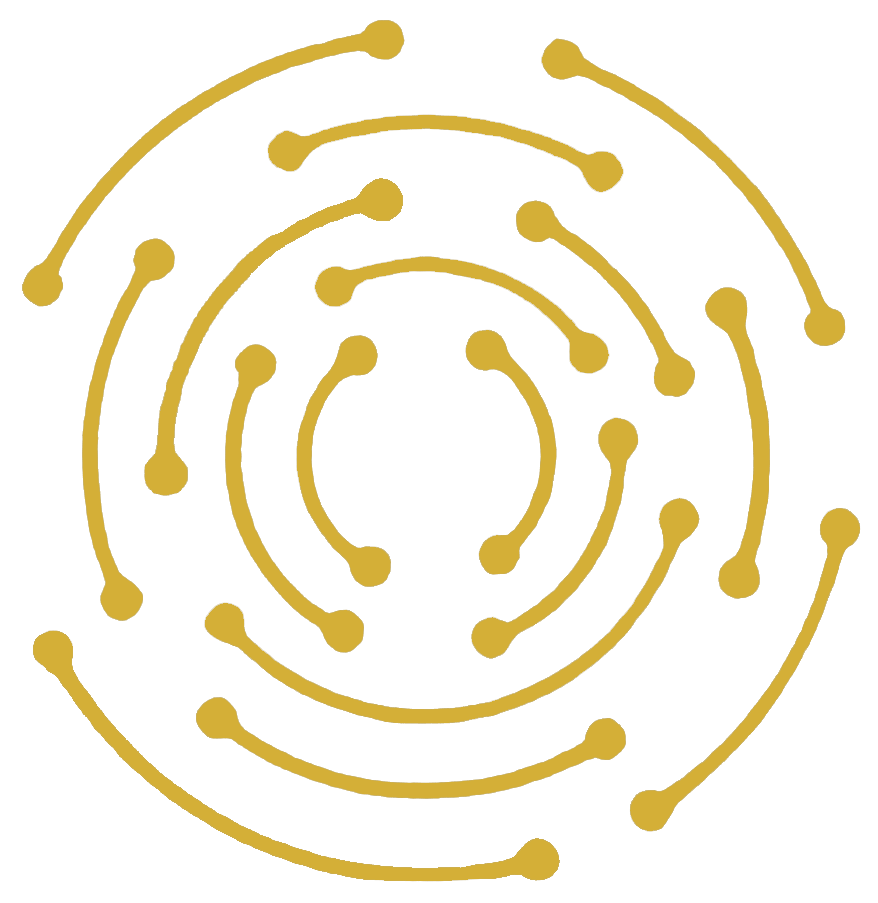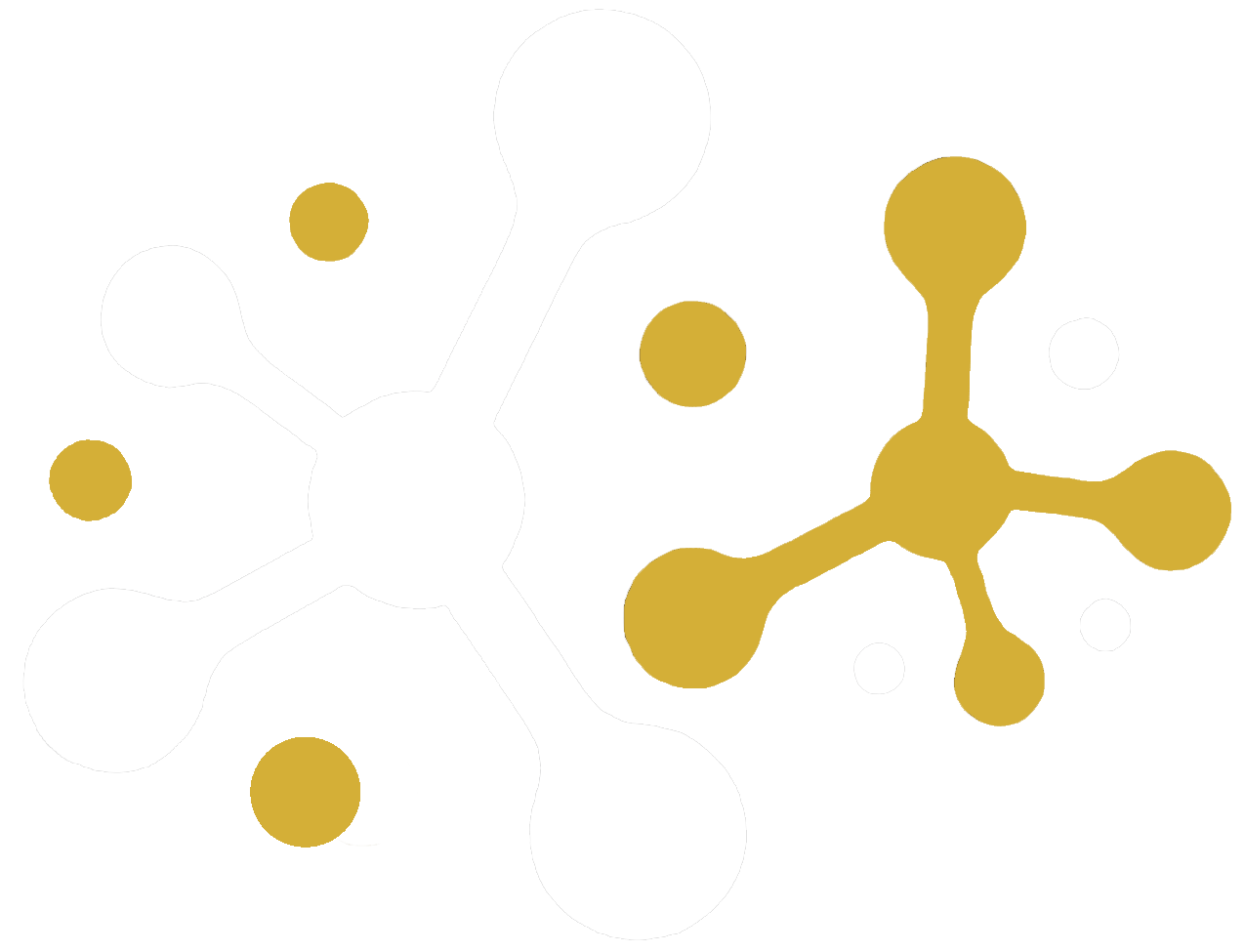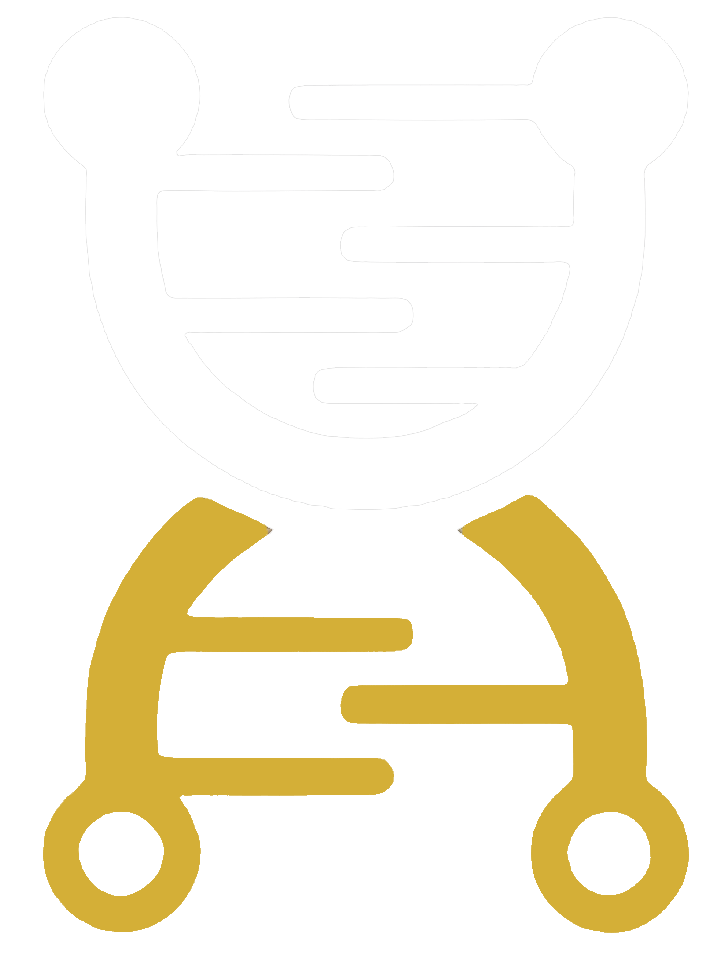About irecs
improving Research Ethics Expertise and Competencies to Ensure Reliability and Trust in Science
Ethics in research is an essential ingredient for good science. Maintaining high ethical standards is essential to winning public trust in scientific work. However, there are many challenges such as new technologies, increasing international collaboration in academic research and the absence of standardisation across Europe. The EU-funded irecs project is reinforcing the reliability of science by advancing research ethics expertise and competencies. Our aim is to improve the understanding of research ethics in Europe and provide interactive, sustainable training programmes. Building on the European Network for Research Ethics and Research Integrity (ENERI) and The Embassy of Good Science as well as close collaboration with key stakeholder organisations, irecs is creating a horizontal community unifying research ethics practitioners, policymakers and other stakeholders.
irecs is studying four emerging technologies: AI in healthcare, gene editing, biobanking, and extended reality. These four technologies informed our training materials and other project activities. We’ve already trained over 800 individuals, including researchers and research ethics committees (RECs) members, to more effectively evaluate ethical issues in research projects involving new technologies.
If you would like to receive regular updates about the activities and publications of irecs, you can subscribe to our newsletter here.
Know the challenges early
irecs is a Horizon Europe project tackling the ethical challenges of new technology used in research.
The research ethics process is facing new challenges at a global scale. Technologies are appearing faster than their ethical considerations can be weighed. Research is globalising but ethical standards are not — running the risk that citizens of nations with the fewest safeguards will be the most burdened by unethical science.
We want to train researchers to anticipate and mitigate ethical issues in technology sooner rather than later.
Objectives
Create world-class education, training, and awareness in research ethics and ethics review, meeting current and projected future needs, reaching European and international ethics experts and researchers
Implement and embed sustainable education, training, and awareness on a European and global level




